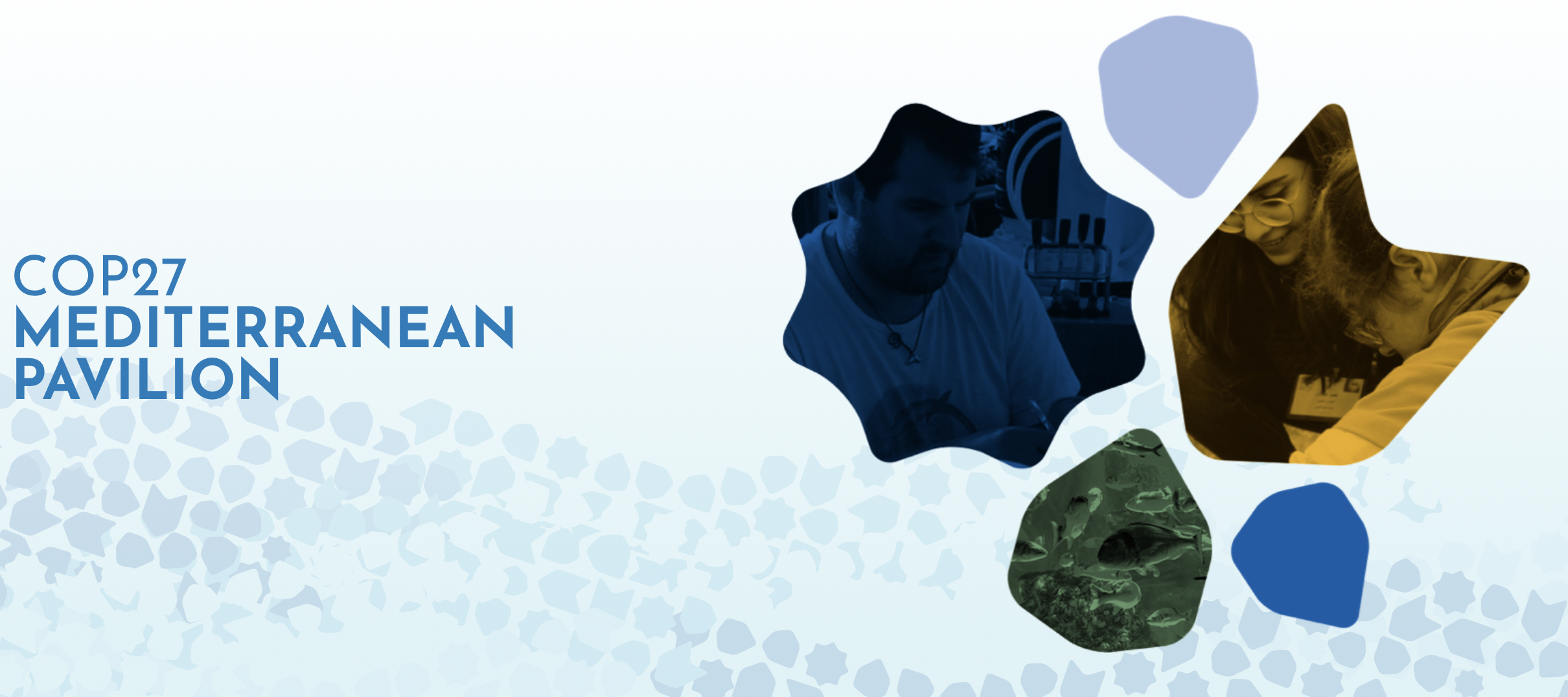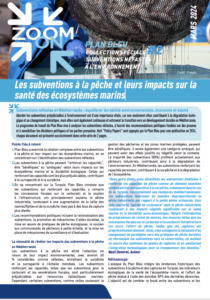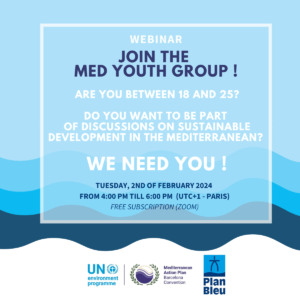The Mediterranean Action Plan of the United Nations Environment Program (UNEP/MAP) and its Componentswill participate in the Mediterranean Pavilion, the dedicated space to Mediterranean priorities, located in the Blue Zone during the future COP 27 in Egypt.
The Mediterranean pavilion is the first of its kind to be installed at a United Nations conference on climate change
This space is an initiative led by the Union for the Mediterranean (UfM) in collaboration with the United Nations Environment Program – Mediterranean Action Plan (UNEP/MAP), Plan Bleu (Activity Center UNEP/MAP Regional Activities Center for Sustainable Development), MedWaves (the UNEP/MAP Regional Activity Center for Sustainable Consumption and Production) and the PRIMA Foundation.
After a summer marked by heat waves on land and in the ocean, and episodes of extreme weather events in several parts of the Mediterranean basin, the Pavilion will provide a platform to address climate-related challenges and highlight the climate action and potential adaptation and mitigation solutions in this multinational and multicultural region. Recognizing that the Mediterranean is a hub for emerging solutions through a combination of public policies and private initiatives, the Pavilion will host activities organized by regional actors (public and private, scientific and academic, technical, political, civil society , finance and business) actively engaged in tackling the climate crisis in and around the Mediterranean Sea. The solutions showcased at the Pavilion can serve as a model for similar efforts to be rolled out globally.
Experts meet to build climate resilience in the Mediterranean
From the Mediterranean pavilion, experts will advocate for healthy marine and coastal ecosystems as pillars of resilience to climate change. Thus, the network of Mediterranean experts on environmental and climate change (MedECC), the UNEP/MAP-Barcelona Convention system and its two activity centers Plan Bleu and MedWaves, the UfM and other partners, will act as a scientific advisory board for the activities of the Pavilion. The events will present the efforts already undertaken with the Contracting Parties to the Barcelona Convention to strengthen environmental protection and sustainable development. The CASadapt project and the MAR1 report will be presented there. These projects reflect that development policies at national and local levels need to consider proven nature-based solutions, such as maintaining or restoring wetlands, dunes and salt marshes that act as a buffer against the impacts of climate change.













